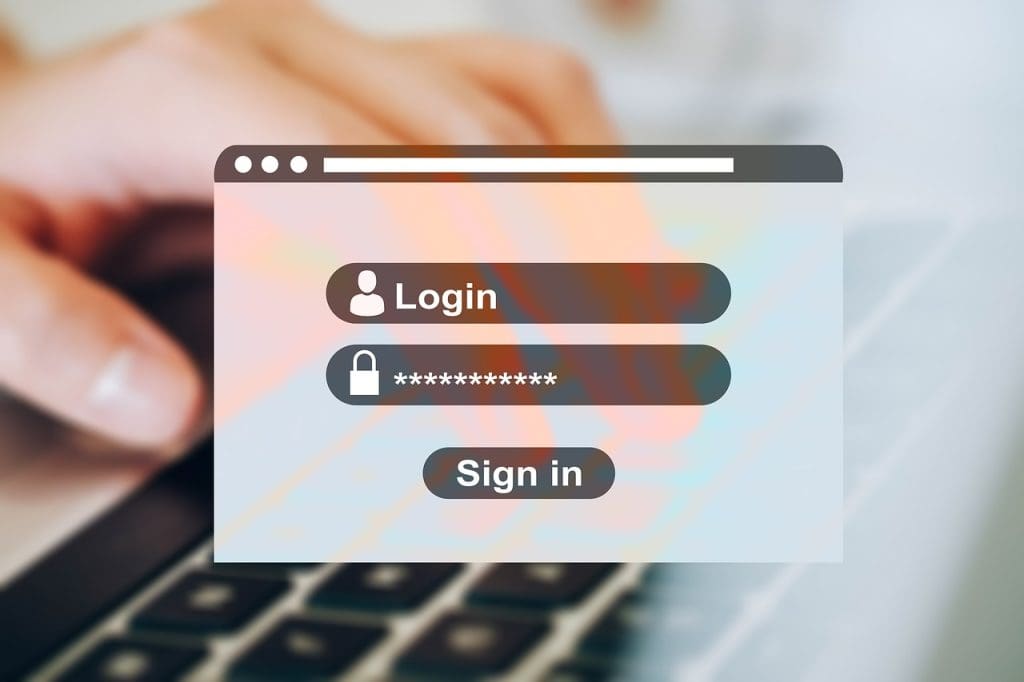Login and Passwords
April 2, 2024
Regarding online security, one common piece of advice we often hear is never to write down our usernames and passwords. While this advice is meant to protect us from potential security risks, there are situations where it might actually be beneficial to have your login information written down.
It is crucial to prioritize the security of your personal information online, there are times when deviating from the standard advice can be advantageous. By securely documenting your usernames and passwords, you can streamline your online experience and ensure that you are prepared for any potential challenges that may arise. Remember to use caution and discretion when handling this sensitive information, and always prioritize protecting your data. Finding the best method to manage your online credentials will help you navigate the digital world more efficiently and securely.

What I am saying may seem counterintuitive in today’s digital age. Still, there are several compelling reasons why writing down your passwords on paper can be a more secure option than solely relying on a password manager. Firstly, consider the potential vulnerabilities that come with storing all your passwords in one place online. While password managers offer encryption and security features, they are not immune to hacks and data breaches. By writing down your passwords on paper and storing them in a safe place, you eliminate the risk of all your passwords being compromised if a single point of failure occurs with your password manager.
Secondly, writing down your passwords can provide a fail-safe when technology fails you. Imagine being in a situation where you urgently need access to an account, but your password manager is inaccessible due to technical issues or internet connectivity problems. Having a physical copy of your passwords lets you quickly retrieve the information you need without dependence on technology. This redundancy can be a lifesaver in critical moments where time is of the essence.
There is a human element to consider regarding memorization and accessibility. While password managers can generate and store complex passwords that are difficult to crack, they can also create a barrier to entry if you forget your master password or cannot access the manager for any reason. Writing down your passwords gives you a tangible record that you can refer to at any time without the risk of being locked out of your accounts due to a forgotten password or technical glitch.
Lastly, when considering end-of-life preparations, it is crucial to think about how your family and friends will manage your affairs after your passing. This often involves granting them access to your accounts and important information to ensure a smooth transition and closure of your affairs. Without proper access, loved ones can face challenges in settling your estate, paying off debts, and executing your final wishes. By providing them with the necessary access, you can alleviate some of the burdens they may face during an already difficult time. For many individuals, the thought of their loved ones having to deal with their digital footprint after they pass can be overwhelming. However, leaving clear instructions on accessing your accounts and digital assets can make the process much easier for those you leave behind. So, if the family member lives with you or across the country, their access will be streamlined.
Ultimately, balancing digital convenience and analog security can provide a more robust approach to safeguarding sensitive information.
Discover more from plan your ready
Subscribe to get the latest posts sent to your email.
